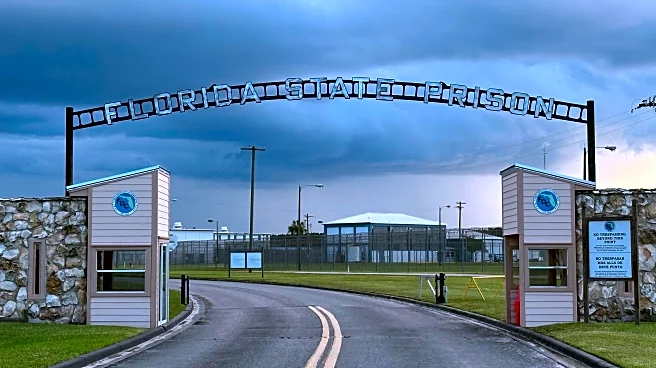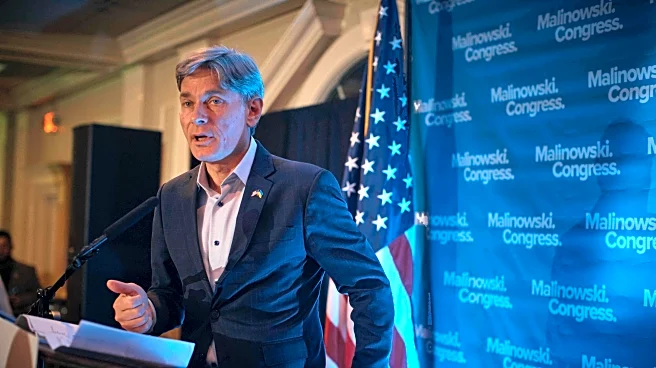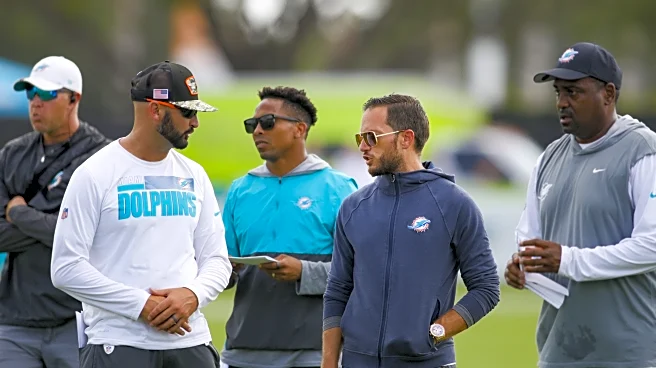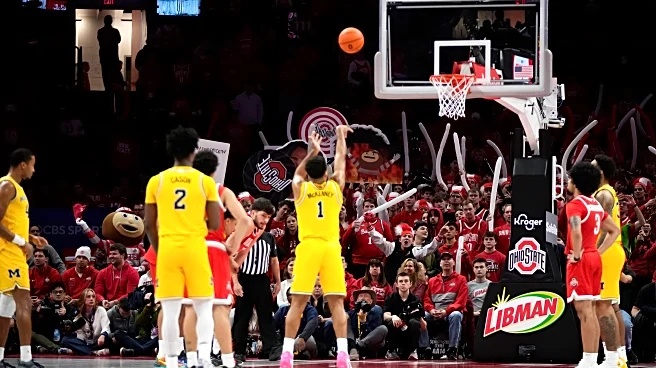Rapid Read • 8 min read
Nick Maggiulli, COO of Ritholtz Wealth Management and author, has identified significant changes in the U.S. economic landscape, marked by the emergence of six new wealth classes. In his book 'The Wealth Ladder,' Maggiulli categorizes American households into wealth levels ranging from under $10,000 to over $10 million. He notes a substantial increase in the 'upper middle class,' which has grown from 7% of the population in 1989 to 18% in recent years. This demographic shift has led to increased competition for resources, such as housing and luxury goods, as more Americans find themselves in higher wealth brackets. Maggiulli also discusses the 'Great Wealth Transfer,' where baby boomers are expected to pass on $124 trillion to Gen X and millennials, though much of this wealth is tied up in illiquid assets like real estate.
AD
The expansion of the upper middle class and the anticipated wealth transfer have significant implications for the U.S. economy. As more individuals enter higher wealth brackets, there is increased demand for luxury goods and real estate, potentially driving up prices and creating economic pressures. This shift could also influence social mobility and economic inequality, as those with inherited wealth may have advantages over others. Additionally, the composition of wealth, with a focus on illiquid assets, may affect financial stability and investment strategies. Understanding these dynamics is crucial for policymakers and economic stakeholders as they navigate the evolving economic landscape.
As the wealth transfer progresses, there may be increased scrutiny on tax policies and wealth distribution. Policymakers might consider reforms to address economic inequality and ensure equitable access to resources. The housing market could face further challenges as demand continues to rise, potentially leading to policy interventions to increase affordability. Businesses and financial institutions may need to adapt their strategies to cater to the growing upper middle class and their unique needs.
The rise of new wealth classes may also have cultural and societal implications, influencing consumer behavior and lifestyle choices. As more individuals achieve higher wealth status, there could be shifts in values and priorities, impacting everything from spending habits to political engagement. The perception of wealth and success may evolve, affecting how individuals define and pursue their financial goals.
AD
More Stories You Might Enjoy












